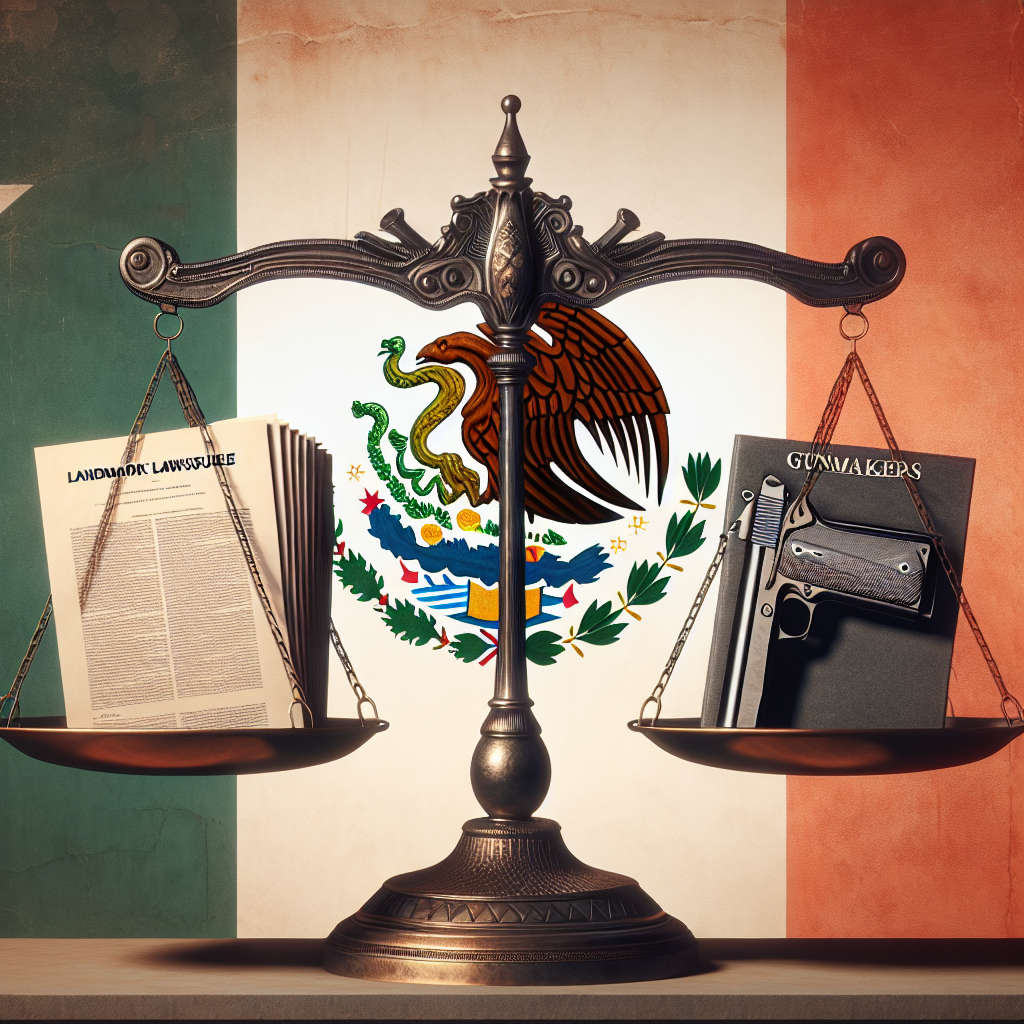The Biden Administration has embarked on an ambitious overhaul of U.S. immigration policies, seeking to reverse and reform many of the stringent measures implemented during the previous administration. However, navigating the complex legal landscape surrounding immigration has proven to be a formidable challenge. The administration’s approach, which emphasizes humane treatment of immigrants and a pathway to citizenship for undocumented individuals, faces significant legal hurdles that could shape the future of immigration in the United States. This article delves into the current state of the Biden Administration’s immigration policies, explores the key legal challenges they face, assesses the impact of court rulings on enforcement strategies, and considers the future implications of these ongoing legal battles.
Overview of the Biden Administration’s Immigration Policies
The Biden Administration’s immigration policies aim to dismantle many of the restrictive measures instituted by the Trump Administration. Key initiatives include halting construction of the border wall, ending the "Remain in Mexico" policy, and prioritizing the processing of asylum claims. The administration has also introduced plans for comprehensive immigration reform, including pathways to citizenship for millions of undocumented immigrants who meet specific criteria. These policies reflect a fundamental shift towards a more humane and equitable immigration system.
Moreover, the Biden administration has pledged to restore protections for vulnerable immigrant populations, particularly those affected by violence, persecution, and climate change. The administration reinstated the Deferred Action for Childhood Arrivals (DACA) program, which offers protections to undocumented individuals who arrived in the U.S. as children. These initiatives are not only about legal status but also aim to foster inclusivity and diversity within American society.
Despite these ambitious plans, the administration faces significant opposition from various states and advocacy groups that have mounted legal challenges against its policies. This resistance is rooted in differing philosophies regarding immigration and the powers of the federal government versus states. As the administration navigates these challenges, the future of its immigration policy remains uncertain and contentious.
Key Legal Challenges Facing Immigration Reforms Today
The Biden Administration’s immigration policies have encountered a series of legal challenges, primarily initiated by Republican-led states. One prominent case involves the Texas-led lawsuit that sought to block the DACA program’s reinstatement, arguing that it unlawfully circumvents Congress and imposes unfair costs on state resources. The legal battles surrounding DACA reflect broader tensions between state and federal authority over immigration matters, with states asserting their rights to challenge federal actions they view as overreach.
In addition to DACA, the Biden Administration’s efforts to terminate the "Remain in Mexico" policy have faced similar scrutiny in court. States like Texas and Missouri filed lawsuits claiming that the administration’s decision to end this policy forced them to bear the brunt of increased migrant crossings and associated costs. These legal challenges underscore the divisions between federal and state perspectives on immigration enforcement and policy implementation, complicating the administration’s efforts to carry out its agenda.
Moreover, there are ongoing disputes regarding the administration’s attempts to limit the use of detention centers and shift toward alternatives to detention for non-violent offenders. Legal challenges concerning the treatment of migrants at detention facilities and the conditions under which they are held have gained traction in the courts, forcing the administration to reevaluate its approach to immigration enforcement. These challenges not only hinder the implementation of the administration’s reforms but also highlight the complexities and controversies inherent in U.S. immigration policy.
Impact of Court Rulings on Immigration Enforcement Strategies
Court rulings have significantly influenced the Biden Administration’s immigration enforcement strategies, often forcing the administration to reconsider its policies and approaches. For instance, a federal court ruling reinstated the "Remain in Mexico" policy, compelling the Biden Administration to navigate the legal ramifications while attempting to balance humanitarian concerns with enforcement obligations. Such rulings create a precarious environment for the administration, complicating its ability to implement reforms effectively.
Furthermore, the issuance of nationwide injunctions has become a common legal strategy employed by states challenging the administration’s policies. These injunctions not only halt specific policies but also set precedents that can restrict similar initiatives moving forward. The Biden Administration must constantly adapt its strategies in response to legal setbacks, leading to a patchwork of enforcement that may lack consistency and clarity.
As legal battles unfold, the Biden Administration faces the challenge of aligning its immigration objectives with the realities of the judicial system. With each court ruling, the administration is compelled to reassess its strategies, which can result in delays or modifications to proposed reforms. The unpredictable nature of these legal challenges makes it difficult for the administration to maintain a coherent and stable immigration policy, further entrenching divisions within the political landscape.
Future Implications for Immigration Policy Under Biden Administration
The ongoing legal battles over immigration policies have profound implications for the Biden Administration’s long-term objectives. Should the administration continue to face significant setbacks in court, its ability to achieve comprehensive immigration reform may be severely hindered. This could lead to a legislative stalemate, wherein Congress struggles to reach a consensus on immigration issues, leaving millions of undocumented immigrants in a state of uncertainty regarding their legal status.
Additionally, the administration’s approach to immigration may influence public perception and political discourse surrounding the issue. Continued legal challenges could foster a narrative of ineffectiveness or indecisiveness, potentially impacting the administration’s support among voters. Conversely, a successful defense of its policies could reinforce its commitment to reform and bolster public confidence in its ability to navigate complex immigration issues.
Looking ahead, the Biden Administration will need to consider strategic adaptations to its immigration policies in light of judicial rulings. This may involve pursuing more collaborative efforts with states, engaging in public outreach to educate communities about policy changes, and possibly seeking legislative solutions to provide a more stable foundation for its immigration agenda. The path forward remains uncertain, but the administration’s response to legal challenges will be crucial in shaping the future of immigration policy in the United States.
The Biden Administration’s legal battles over immigration policies highlight the complexities and challenges of reforming a system deeply entrenched in legal, political, and social dynamics. As the administration navigates these turbulent waters, the outcome of these legal disputes will not only define its immigration agenda but also influence the broader societal perceptions of immigration in America. Ultimately, the resolution of these challenges may pave the way for a more cohesive and humane immigration policy that reflects the nation’s values and aspirations. For further insights on the Biden Administration’s immigration strategies, consider reading comprehensive analyses from sources like The Pew Research Center, The Migration Policy Institute, and The American Immigration Council.



